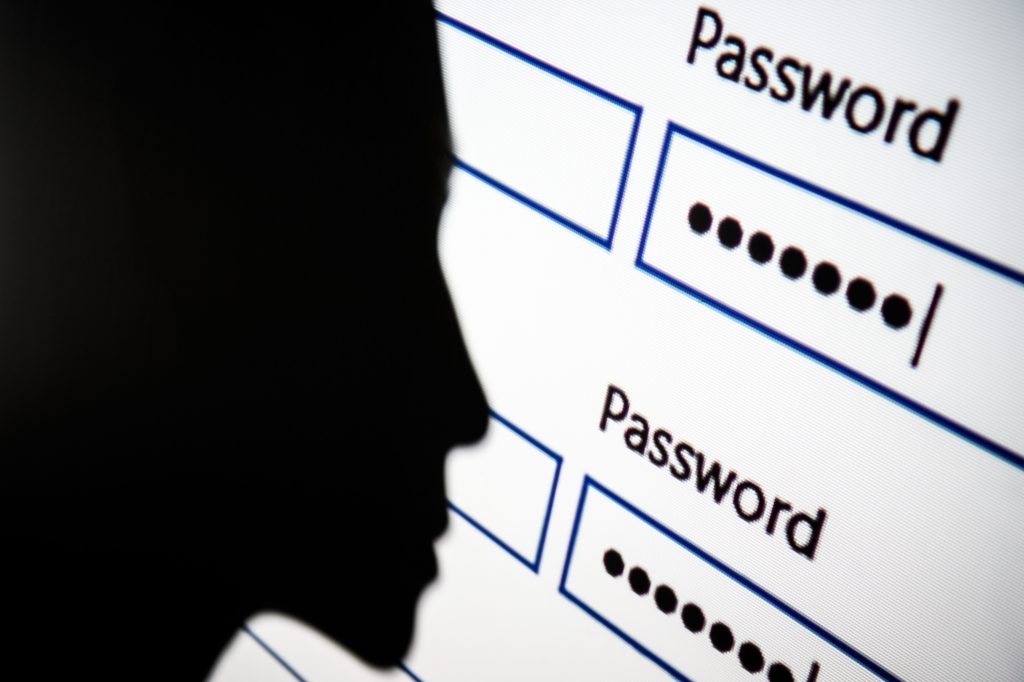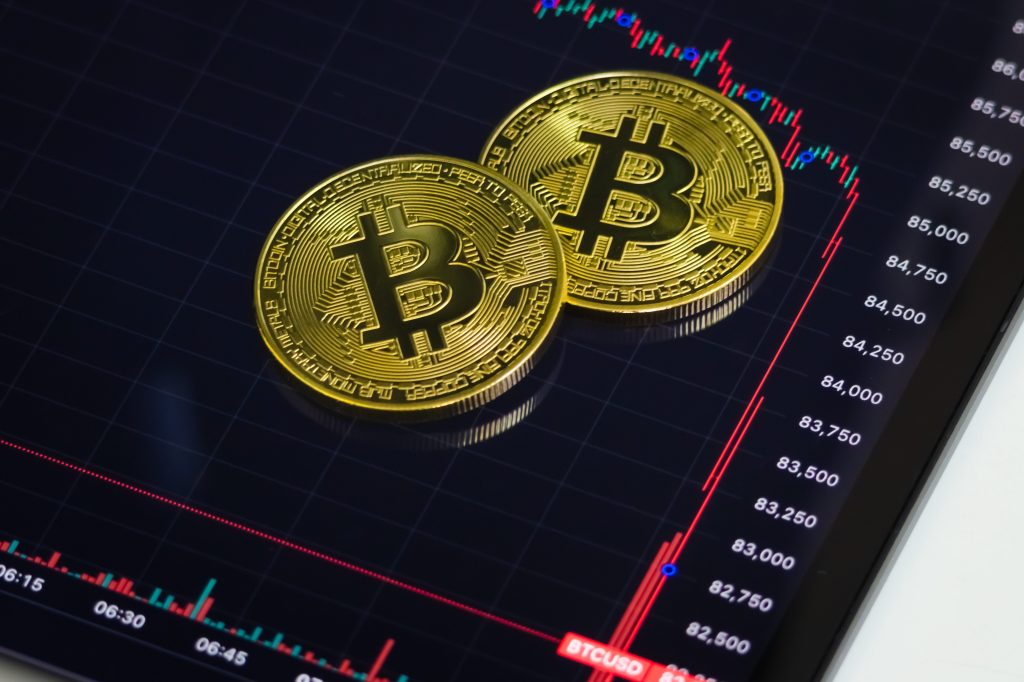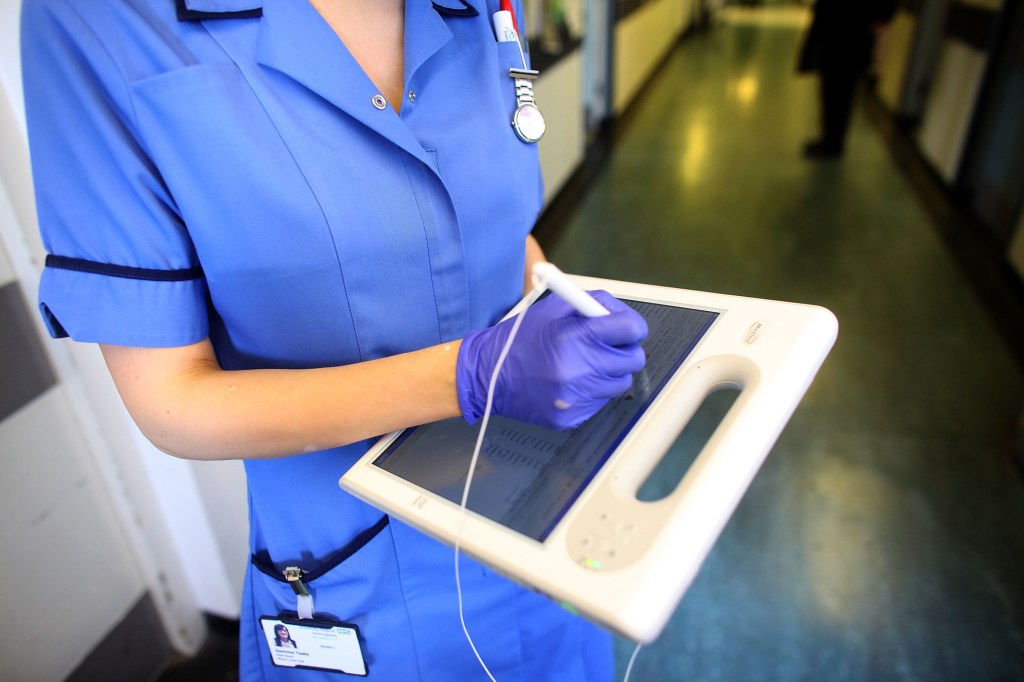In the latest development around US President Donald Trump’s personal and family involvement in the crypto industry, the media group owned by his family have agreed a deal to buy tokens issued by Crypto.com.
The deal for the CRO tokens is said to be worth $6.4 billion, and the aim is to create the “first and largest publicly traded CRO treasury company,” Trump Media said last week.
“According to the mutual cooperation agreement, Trump Media will introduce a rewards system on the Truth Social and Truth+ platforms that uses the Crypto.com digital wallet infrastructure and that adopts the Cronos (CRO) digital currency as a utility token,” crypto.com said in a statement.
Other clauses of the agreement include:
- Crypto.com will provide digital wallet infrastructure that will anchor the Truth Social rewards program.
- Further planned partnerships include providing Truth users the ability to pay for subscriptions and services with their Crypto.com CRO balance, and providing free or discounted Truth+ subscriptions for users who open a Crypto.com account.
- Both companies will co-market the Truth+ platform and the Crypto.com wallet
As reported by the FT, the announcement led to a 35% jump in the price of the CRO token, reaching up to $0.21.
Venezuela’s crypto evolution
Elsewhere, Venezuela is going through its own crypto evolution as the country opens the door for mainstream adoption of digital currencies.
According to reports, the Latin American nation is now one of the few in the world where some businesses pay their staff in crypto, and shops and large chains accept digital payments. A government crackdown on the US dollar black market, plus the current struggles of the local currency are considered the main reasons behind a shift to digital currency.
According to The 2024 Geography of Crypto Report by Chainalysis, there was a 110% increase in the use of crypto currencies between June 2023 and June 2024.
The report also ranked the country 13th in the world for crypto adoption, as individuals and businesses searched for ways to protect themselves against the local currency crisis.
Gabriel Santana, a Caracas-based accountant was quoted by the FT saying: “When a lot of bolívars come in, we buy USDT on Binance, and although we lose a bit, there’s a gain in the long run.”
Despite the demand for digital payment services, crypto exchanges such as Binance are facing issues in operating in Venezuela due to US sanctions on a number of banks and individuals, according to the FT.
US banks’ stablecoin concerns
Back to the US, where banks are concerned about the new stablecoin rules and believe they will lead to an outflow of capital from the country worth trillions of dollars.
The American Bankers Association has warned against “a legal loophole that may allow for the payment of interest and yield on stablecoins despite a recent prohibition against the practice.”
The lobby group has joined hands with other banks and sent a joint letter to lawmakers warning that “without an explicit prohibition applying to cryptocurrency exchanges, the requirements in the GENIUS Act can be easily evaded and undermined by allowing payment of interest indirectly to holders of stablecoins.
“Bank deposits are an important source of funding for banks to make loans, and money market funds are securities that make investments and subsequently offer yield. Payment stablecoins serve a different purpose, as they neither fund loans nor are regulated as securities,” the lobby groups have argued in the letter.
They have called on the US Congress to take necessary steps to close the loophole and protect the flow of capital into US businesses and families.
ECB’s digital euro plans
Moving to the EU, officials at the European Central Bank believe the incoming digital euro framework should be able to manage more than 50 billion transactions a year.
While officials are excited about the potential of the digital currency, there is less enthusiasm among the public, as reported by the POLITICO.
According to the ECB, digital Euro “would be a central bank digital currency, an electronic equivalent to cash. And it would complement banknotes and coins, giving people an additional choice about how to pay.”
The central bank also sees the introduction of the digital euro as the next step in a long-term plan for the bloc to adopt a single currency. The expectation is that, at maximum capacity, the digital euro could replace a third of the transactions that are currently done using payment cards.
The move to digital currency is also seen as part of the EU’s efforts to reduce reliance on US infrastructure and external firms such as Visa and Mastercard.












